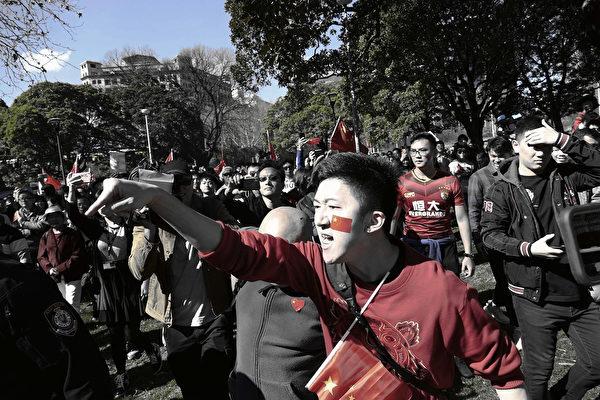News Analysis
In a recent report on the China threat, the French Military School Strategic Research Institute (IRSEM) identified the Chinese regime’s three-pronged attack consisting of psychological warfare, public opinion warfare, and legal warfare. The attack is all part of a massive propaganda campaign focused on overseas Chinese.





